Bali, indonesia
Bali Sunset Road Convention Center
12 - 13, February, 2026
Bali Sunset Road Convention Center
12 - 13, February, 2026
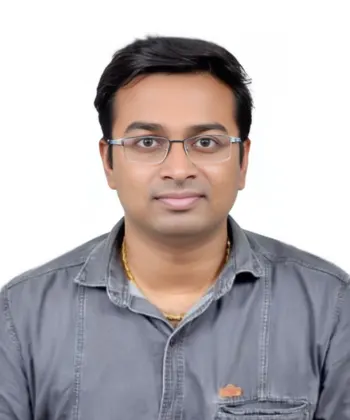
Head, Evidence Synthesis Unit, PROPUL Evidence LLP, India
Dr. Yuvaraj Krishnamoorthy is the Head of the Evidence Synthesis Unit at PROPUL Evidence, Chennai, India. He holds an MD in Community Medicine from JIPMER, Puducherry, and an MBBS degree from Shri Sathya Sai Medical College, India. With extensive experience in public health research and academia, Dr. Krishnamoorthy has published over 130 research articles with significant contributions as first and corresponding author. He is recognized among the world’s top 2% most cited scientists and has received multiple awards, including the Emerging Voices for Global Health fellowship and Young Scientist Award. His expertise encompasses systematic reviews, meta-analyses, health equity assessments, and statistical modeling. He serves as an editor for several international journals and is actively involved in advisory roles for WHO and other health research organizations.
Date: 05th September 2025 | Time: 11:00 AM – 12:00 PM IST
This session explores effective strategies for selecting the most suitable academic journal for your research paper to maximize its visibility, impact, and chances of acceptance. It covers key considerations in journal selection, including scope alignment, audience targeting, impact factor and indexing, open access options, and publication timelines. Attendees will learn how to evaluate journal guidelines, assess fit with their manuscript’s content and novelty, and avoid common pitfalls such as predatory journals or mismatched submissions. Practical tools and resources for journal identification and decision-making will also be introduced, empowering researchers to navigate the publishing landscape confidently and strategically.
Key Takeaways
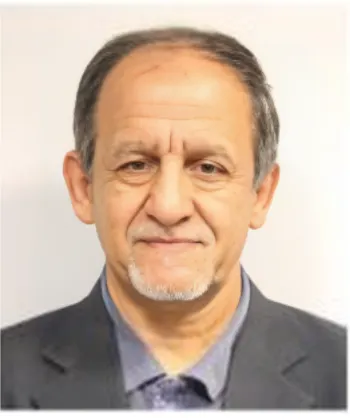
Department of Medical Parasitology & Mycology, School of Public Health & Institute of Public Health Research, Tehran University of Medical Sciences, Iran
Dr. Mohammad Bagher Rokni is a retired Professor of Medical Parasitology and Mycology at Tehran University of Medical Sciences, Iran. With a PhD in Medical Parasitology, he has authored over 100 scientific publications and holds an H-index of 25. Dr. Rokni’s research focuses on parasitic disease diagnosis, antigen evaluation, and epidemiology, contributing significantly to global health knowledge. He has served as editor and board member for multiple medical journals and has conducted numerous international workshops on medical journalism and parasitology. Recognized among the world’s top 1% cited scientists, he remains active in advancing parasitology research and education.
Date: 05th November 2025 | Time: 02:00 PM – 03:00 PM IST
Plagiarism is the unethical practice of presenting others’ work or ideas as one’s own without proper acknowledgment. This session explores the various types of plagiarism, ranging from direct copying to self-plagiarism and mosaic plagiarism. It highlights the serious academic, legal, and professional consequences plagiarism can have on individuals and institutions. The workshop also focuses on effective prevention strategies, including proper citation practices, use of plagiarism detection tools, and fostering academic integrity through education and policy enforcement.
Key Takeaways
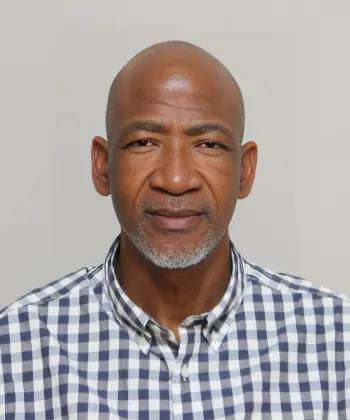
Professor Sogo Matlala, Associate Professor, Sefako Makgatho Health Sciences University, South Africa
Prof. Sogo France Matlala is an Associate Professor in Health Systems Management and Policy at Sefako Makgatho Health Sciences University, South Africa. With a Doctorate in Health Studies and over three decades of experience in public health, nursing, and academia, he has contributed extensively to healthcare research, ethics, and education. His work spans maternal health, HIV/AIDS, and healthcare systems, and he has published widely in accredited journals and presented at numerous international conferences. Prof. Matlala also serves on national research ethics committees and editorial boards.
Date: 02nd December 2025 | Time: 10:00 AM – 11:00 AM IST
Topic Overview:
“Navigating the Peer Review Process” aims to demystify the scholarly peer review system by offering practical guidance on how to handle reviewer feedback constructively. Participants will explore different types of peer review, learn how to prepare professional responses to reviewers, and apply best practices for manuscript revisions that increase the chances of publication success.
5 Key Take-aways
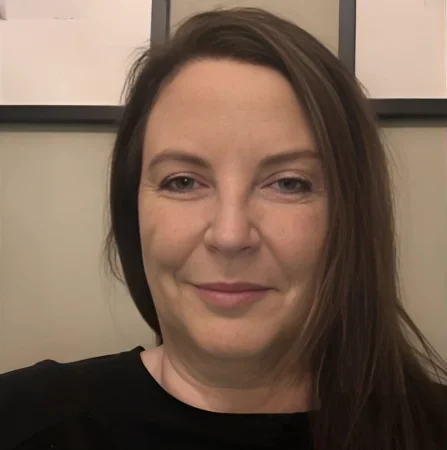
Deputy Director and EDI Lead UBEL Doctoral
Training Programme (DTP)
Co-Lead Global Maternal and Newborn Health Hub
Faculty International Lead
Editorial Board: Journal of Further and Higher Education; PLOS ONE
University of Greenwich, United Kingdom
This workshop aims to foster collaborative research practices by exploring effective strategies for building and sustaining research partnerships. It will guide participants through the process of developing joint research agendas, sharing authorship responsibilities, and co-writing scholarly publications. The session will emphasize inclusive, equitable, and cross-disciplinary approaches to research collaboration, while offering practical tools to navigate challenges in co-authorship, project coordination, and publishing.
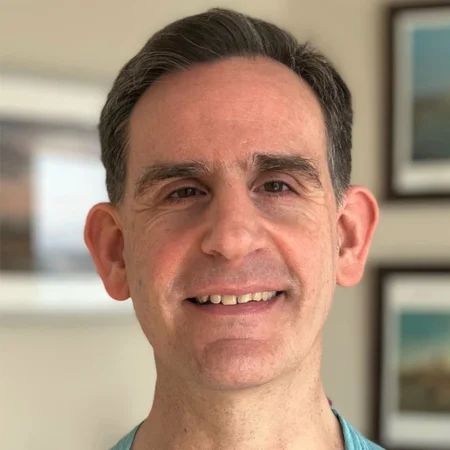
University of Greenwich
United Kingdom
This workshop explores the growing emphasis on wellbeing as a central focus in global public health. Moving beyond disease prevention and treatment, the session will examine how wellbeing is being integrated into research frameworks, policy agendas, and community-based interventions. Participants will engage in critical discussions on measuring wellbeing, its cultural dimensions, and its implications for health equity and sustainable development. This workshop offers a valuable platform for researchers, practitioners, and policymakers to share insights and innovative approaches to advancing holistic health and wellbeing worldwide.

Department of Medical Parasitology & Mycology, School of Public Health & Institute of Public Health Research, Tehran University of Medical Sciences, Iran
This workshop provides a comprehensive introduction to the fundamentals of scientific writing. Participants will explore the standard framework of a scientific paper, learn about different types of scientific publications, and gain a detailed understanding of each section of a manuscript. The session will also highlight common mistakes found in edited papers and offer guidance on how to avoid them. In addition, attendees will be introduced to the concept of fake journals and how to identify them. The workshop will conclude with an overview of useful tools and online resources for selecting keywords, journal abbreviations, geographical data, and more—equipping researchers with practical skills to enhance the quality and integrity of their scientific work.
This session will delve into the critical issue of health inequities and explore actionable strategies for achieving universal healthcare access. Key topics include innovative models for financing UHC in developing economies, reducing systemic barriers faced by marginalized communities, and the role of global partnerships and donor funding in sustaining public health systems. The discussion aims to foster cross-sector dialogue and inspire policy-driven solutions for equitable healthcare delivery worldwide.
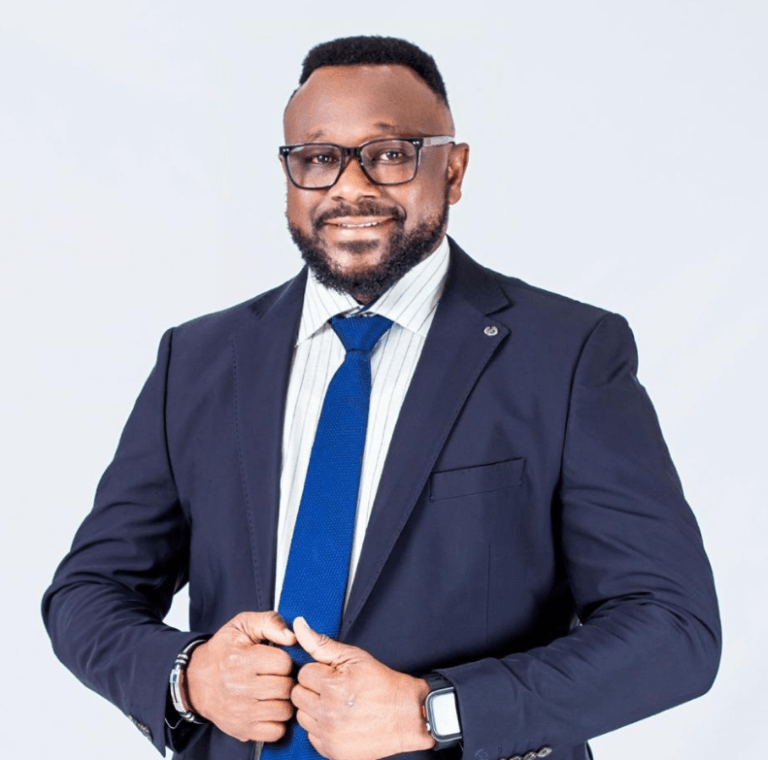
MB; BS, MSc, MPA, PhD, FRSPH, Cert. Clinical Trials (Harvard), Postdoc (Harvard)
Professor of Epidemiology and Implementation Research
Head of Doctoral Programs in the Department of Public Health
Sefako Makgatho Health Sciences University
South Africa
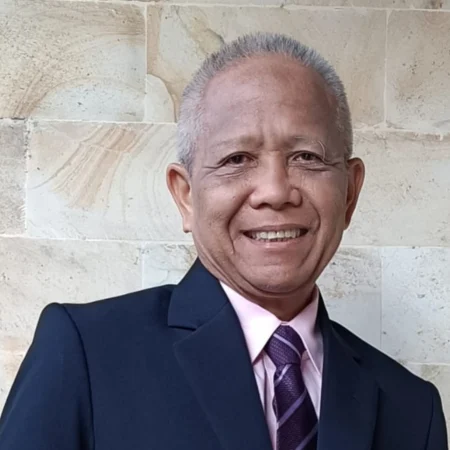
Rector
Dwijendra University
Indonesia
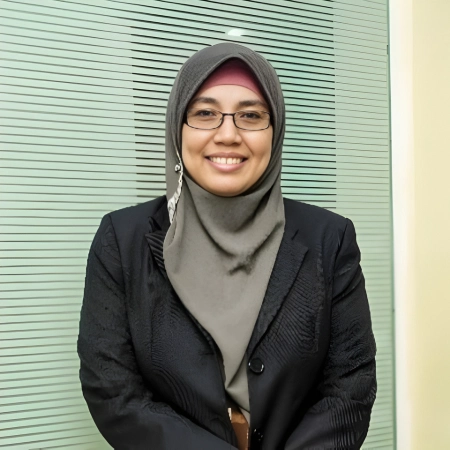
Public Health Specialist
Faculty of Medicine, The National University of Malaysia (UKM)
Malaysia
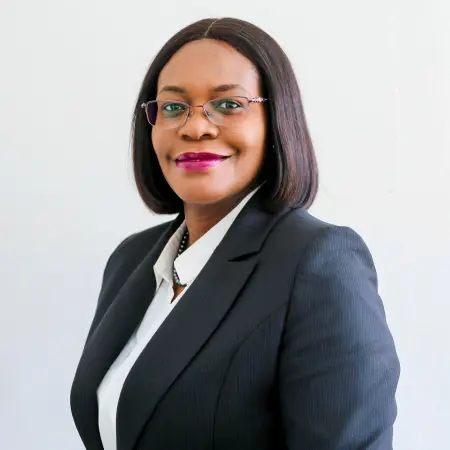
Director Public Health Policy Diplomacy and Communication
Zambia National Public Health Institute
Zambia